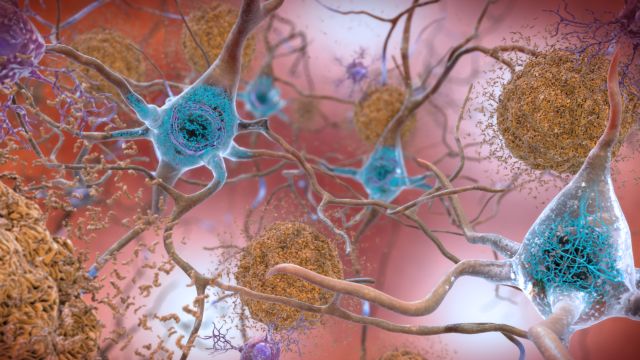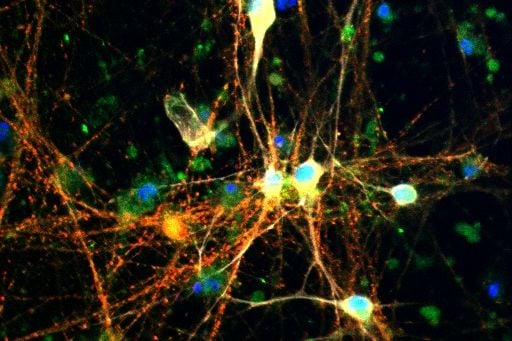
Living in Greener Pastures Cuts Alzheimer’s Risk
Researchers find people living in towns with lots of green space were least likely to have Alzheimer’s or Parkinson’s.

Researchers find people living in towns with lots of green space were least likely to have Alzheimer’s or Parkinson’s.

Taking a daily multivitamin supplement can slow age-related memory decline, researchers found.

Researchers find that people with dementia who received the drug suvorexant showed a drop in tau and amyloid beta. The drug is already available for sleep problems in Alzheimer’s. Learn more.

Canada’s first dementia village enables its inhabitants to live their lives in freedom and dignity, while ensuring they have person-centered care. Learn more.

Research shows that lecanemab is the first drug ever to slow cognitive decline in Alzheimer’s. Learn more.

Dementia incidence has steadily fallen by 20 to 25 percent over the past three decades in the U.S., U.K., Sweden, and the Netherlands. How come?

What are the six signs of early dementia, and how can Vitamin B1 help head it off? Dr. Eric Berg explains.

Eli Lilly Company’s TRAILBLAZER-ALZ 2 Phase 3 study shows that donanemab significantly slowed cognitive and functional decline in people with early symptomatic Alzheimer’s disease. Learn more.

It’s important to spend meaningful time with a family member or friend who has Alzheimer’s or a related dementia. Here is a list of suggestions for activities with your affected loved one or friend.

A new peptide may hold potential as an Alzheimer’s treatment
Researchers say the CDK5 Blocker peptide blocks a hyperactive brain enzyme that contributes to the neurodegeneration seen in Alzheimer’s and other diseases.

A new Buck Institute discovery reveals neurons process sugar in a surprising way— and unlocking this “brain sugar” pathway could lead to powerful Alzheimer’s treatments.

Why Do Babies Have More Alzheimer’s Protein Than Adults? A Surprising Clue to Future Treatments

I am only one,But I am one.I cannot do everything,But I can do something. And I will not letWhat I cannot doInterfere withWhat I can

Three important dementia studies focus on HS-AGING, a type of dementia almost as common as Alzheimer’s in the 85+ group. Yet few people have heard of it. Why? What makes it different?

An intriguing study of 120 grandmothers might surprise you. Doctors know socially engaged people have better cognition and less dementia. But can a person get too much of a good thing? What’s the right balance?

Enjoy this great duet between a musician with dementia and his son. A triumph of spirit over Alzheimer’s! Sing-a-long if you like!

It looks like a sneeze cannot give anyone Alzheimer’s. While Alzheimer’s abnormal disease proteins do spread from cell-to-cell, they are not “infectious”. Check out the facts.
No spam, only news and updates.


